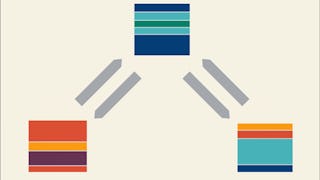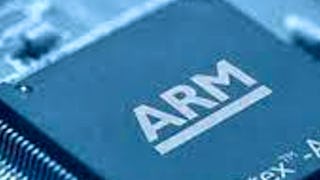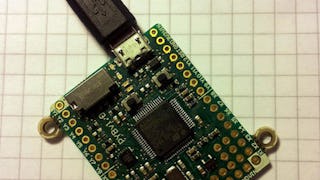Filter by
SubjectRequired
LanguageRequired
The language used throughout the course, in both instruction and assessments.
Learning ProductRequired
LevelRequired
DurationRequired
SkillsRequired
SubtitlesRequired
EducatorRequired
Results for "linear temporal logic specifications"
 Status: Free
Status: FreeCoursera Project Network
Skills you'll gain: Learning Management Systems, Information Architecture, Content Management

University of Virginia
Skills you'll gain: User Story, HTML and CSS, Debugging, Model View Controller, Hypertext Markup Language (HTML), Prototyping, Application Programming Interface (API), Javascript, Cascading Style Sheets (CSS), Web Design and Development, Web Applications, User Interface (UI), Interactive Design, Javascript and jQuery, Maintainability, User Centered Design, Scripting, Wireframing, Web Development Tools, Business Logic

Starweaver
Skills you'll gain: Computer-Aided Design, Engineering Design Process, Product Engineering, Mechanical Design, Ideation, Engineering, Engineering Practices, Design Specifications, Simulation and Simulation Software, Conceptual Design, Prototyping, Innovation, Emerging Technologies

Skills you'll gain: Embedded Systems, Embedded Software, Computer Systems, Internet Of Things, System Programming, C (Programming Language), Hardware Architecture, Peripheral Devices, Wireless Networks, Computer Architecture, Cybersecurity, Cloud Computing, Development Environment, Debugging

Skills you'll gain: Embedded Systems, Internet Of Things, Vibrations, Control Systems, Civil Engineering, Structural Engineering, Electronics, Maintenance, Repair, and Facility Services, Automation, Integrated Development Environments, Environmental Monitoring, System Monitoring, Infrastructure Architecture, Continuous Monitoring, Real Time Data, Peripheral Devices
 Status: Free
Status: FreeLund University
Skills you'll gain: Magnetic Resonance Imaging, Laboratory Equipment, Radiation Protection, Electrical Engineering, Electronics, Medical Equipment and Technology, Physics, Electronic Systems, Equipment Design, Control Systems, Mathematical Modeling

Coursera Project Network
Skills you'll gain: Data Pipelines, Microsoft SQL Servers, Microsoft Azure, Data Warehousing, Database Management Systems, SQL, Data Integration, Extract, Transform, Load
 Status: Free
Status: FreeUniversidad de Palermo
Skills you'll gain: Algebra, Arithmetic, Mathematical Modeling, General Mathematics, Graphing

Universidad de los Andes
Skills you'll gain: Control Systems, Mathematical Modeling, Matlab, Systems Analysis, Simulations, Systems Design, Differential Equations, Applied Mathematics, Linear Algebra

Politecnico di Milano
Skills you'll gain: Application Specific Integrated Circuits, Amazon Elastic Compute Cloud, Cloud Infrastructure, Amazon Web Services, Cloud Computing Architecture, Hardware Architecture, Cloud Applications, Performance Tuning, Computer Architecture, Development Environment, System Design and Implementation
 Status: Free
Status: FreeThe Chinese University of Hong Kong
Skills you'll gain: SPSS, Social Sciences, Statistical Modeling, Quantitative Research, Statistical Methods, Statistical Analysis, Correlation Analysis, Data Analysis Software, Sociology, Mathematical Modeling, Regression Analysis, Data Analysis
 Status: Free
Status: FreeCoursera Project Network
Skills you'll gain: Document Management, Microsoft Power Platform, Data Entry, Microsoft 365, Database Application, Application Development
In summary, here are 10 of our most popular linear temporal logic specifications courses
- Understand Best Practices with Canvas: Coursera Project Network
- Coding for Designers, Managers, and Entrepreneurs: University of Virginia
- Introduction to Engineering Design : Starweaver
- Design of CPS with ARM processor using Embedded C: L&T EduTech
- CPS Design with ARM Core using MicroPython for Industries: L&T EduTech
- Fundamentals of particle accelerator technology (NPAP MOOC): Lund University
- Azure Data Factory : Implement SCD Type 1: Coursera Project Network
- Matemática Preuniversitaria: Universidad de Palermo
- Introducción al análisis de sistemas de control con MATLAB: Universidad de los Andes
- Developing FPGA-accelerated cloud applications with SDAccel: Theory: Politecnico di Milano










